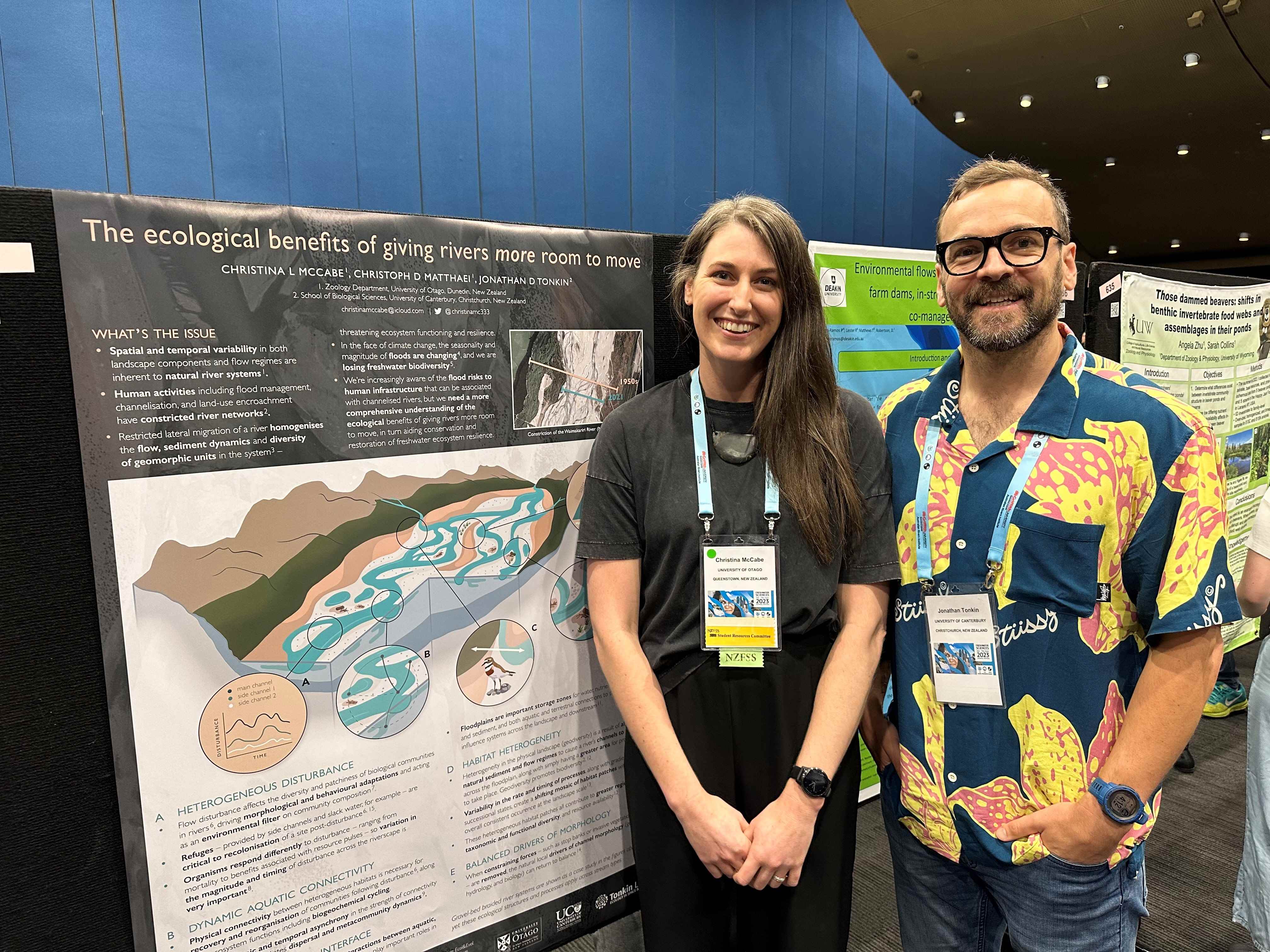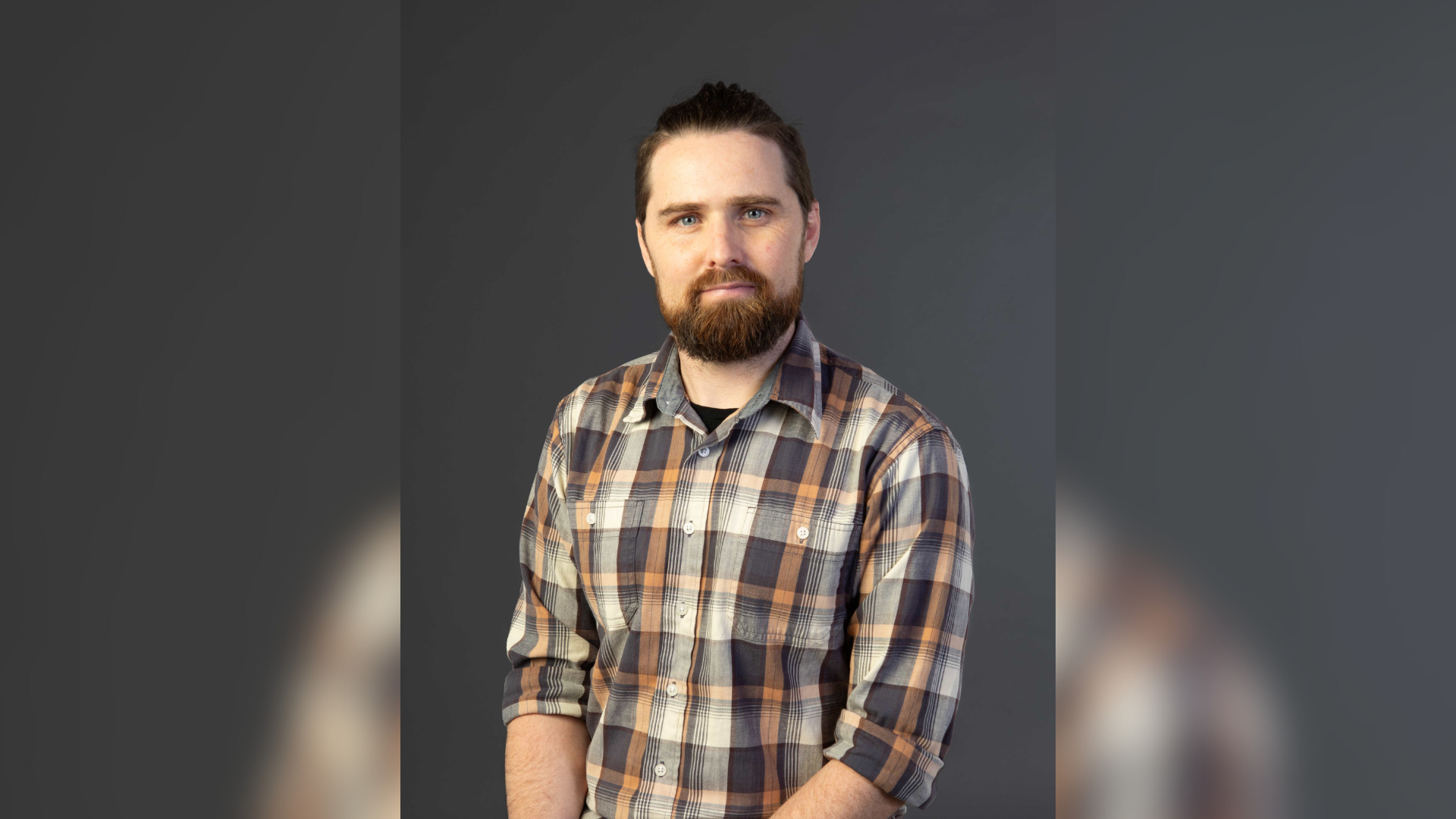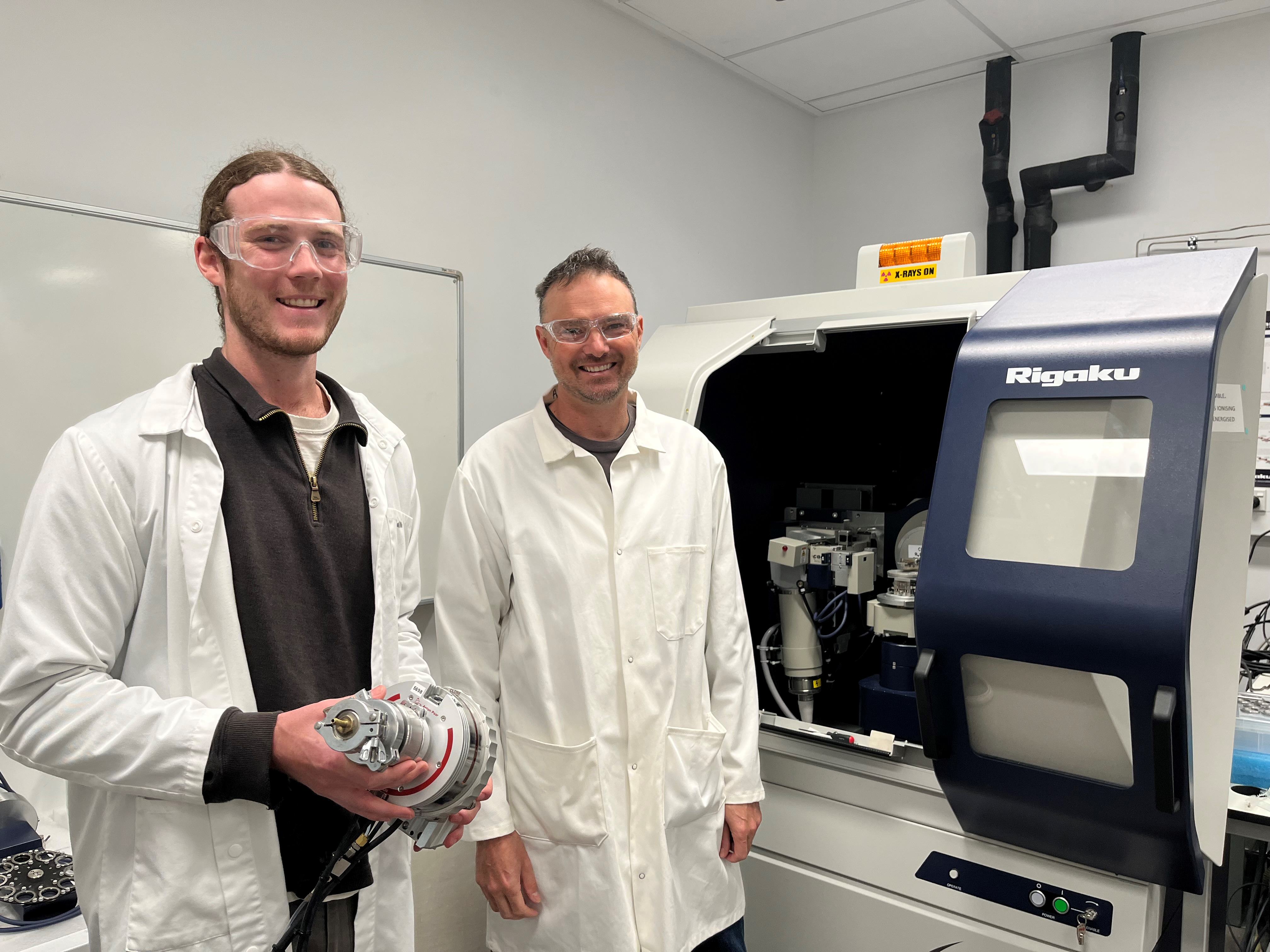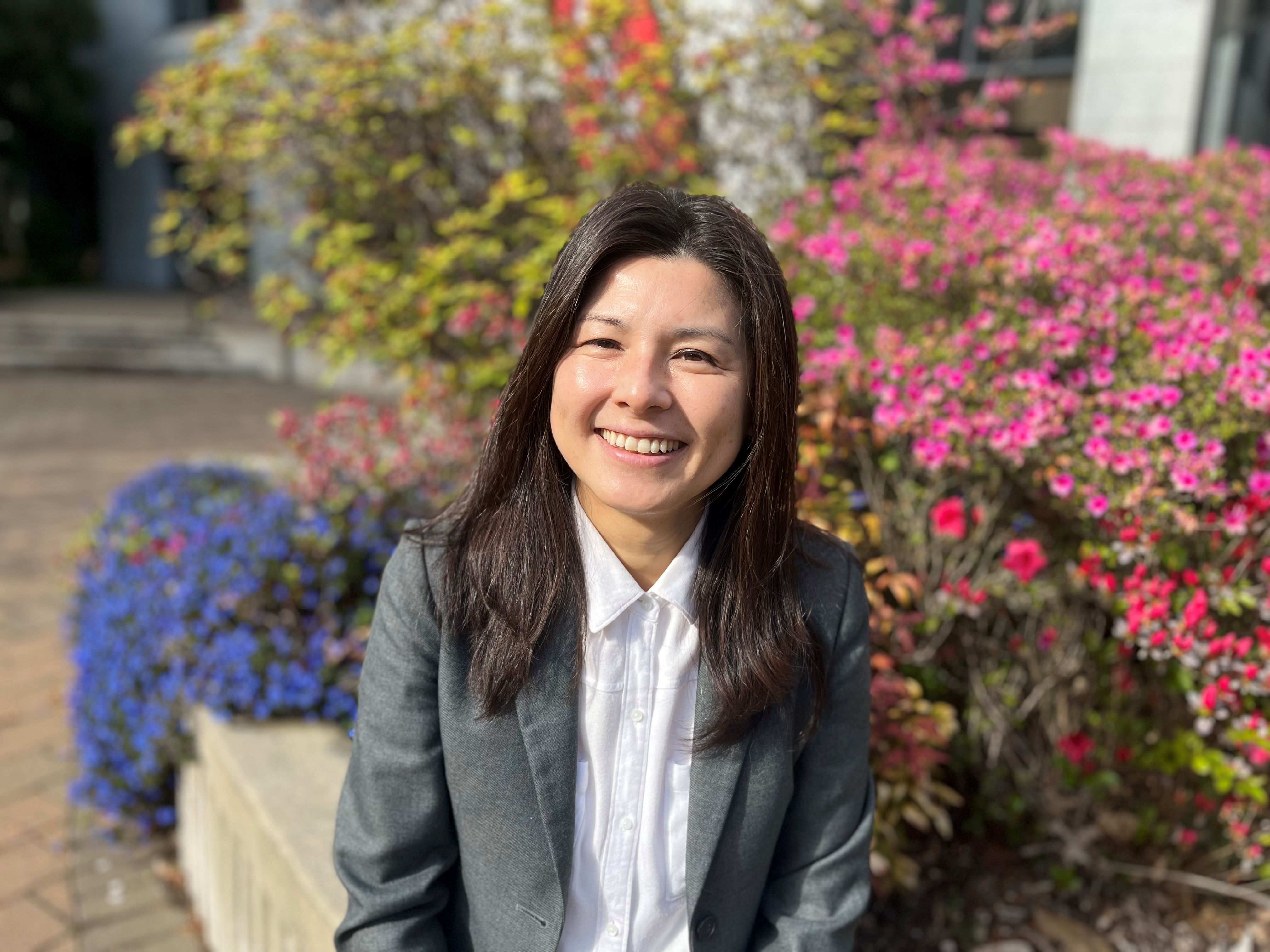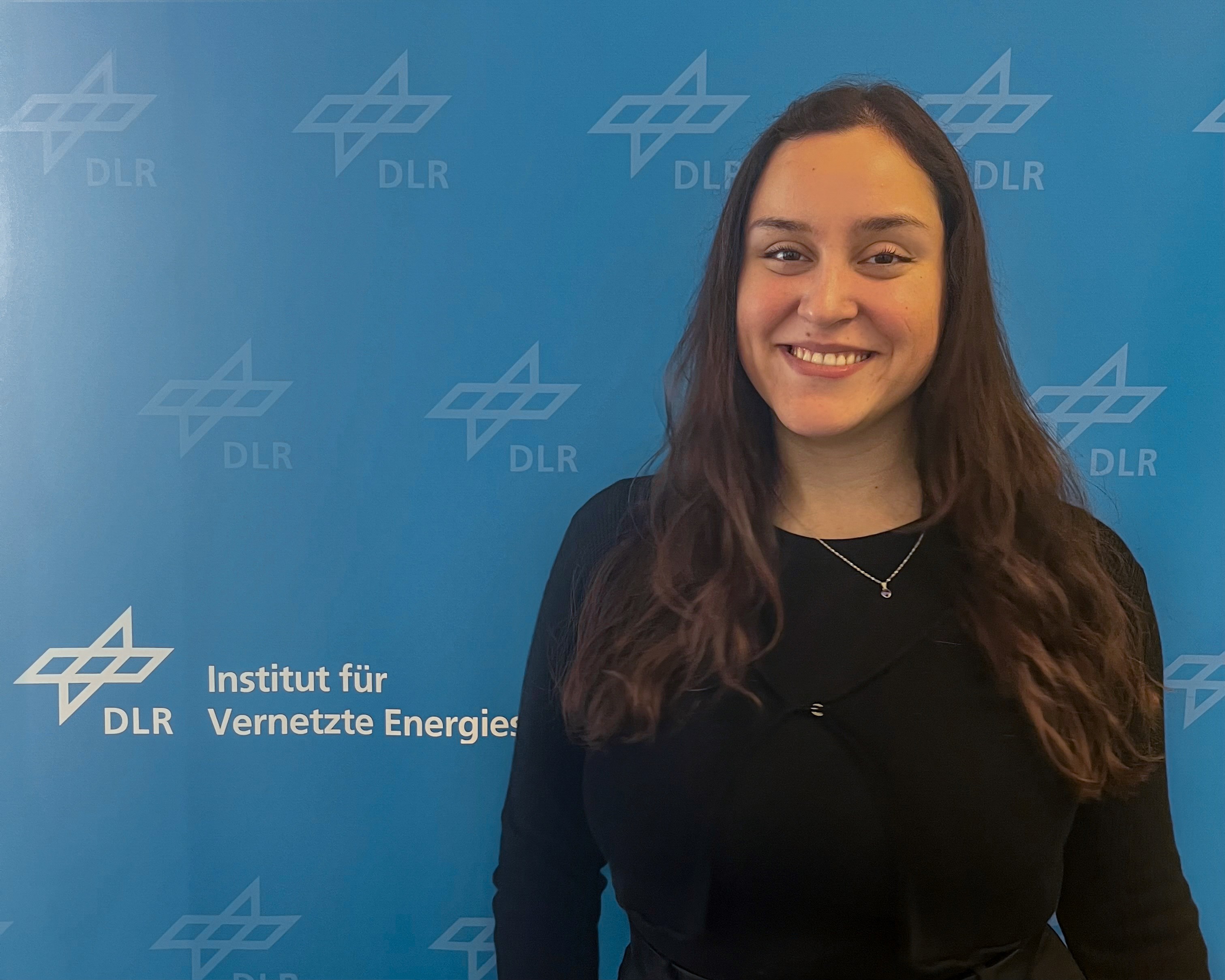Associate Professor Steven Gieseg, from the School of Biological Sciences at Te Whare Wānanga o Waitaha | University of Canterbury (UC), has been studying heart disease and heart health since 1990.
Associate Professor Steven Gieseg from the School of Biological Sciences at Te Whare Wānanga o Waitaha | University of Canterbury (UC) is leading the research project ‘Is artery inflammation driven by plaque composition?’ which has just been awarded a Heart Research Foundation grant.
Associate Professor Gieseg is the principal investigator of a collaborative team that includes Professor Justin Roake from Christchurch Hospital and Dr Barry Hock from University of Otago Christchurch. The team has developed an innovative new tissue culture system allowing researchers to study in the laboratory human artery samples from stroke patients.
“The body is normally very good at regulating the inflammatory process that causes strokes and heart attacks,” says Associate Professor Gieseg, who has been researching heart disease and heart health since 1990. “Within the arteries though, the control systems appear to become ineffective, allowing cholesterol filled pus to build up inside the artery wall, forming artery plaques.
“It is the rupture of these white blood cell-filled artery plaques that causes blood clots to form and stops the flow of blood to the brain or heart,” he says.
Better understanding of the inflammation activity in heart cells could lead to a reduction in heart attacks and strokes, according to Associate Professor Gieseg, while an innovative new approach developed over the last six years could lead to research breakthroughs.
“We have developed a unique system where we can take artery plaques removed from stroke patients by our surgical collaborators and keep it alive in the laboratory for up to a week. This allows us to examine the inflammation process in actual human artery plaque instead of relying on mouse models.”
Researchers can then break the tissue down and count the individual cell types generating and causing the inflammation. For the first time researchers will be directly measuring cause and effect.
“By piecing together what is actually happening with the inflammatory cells within the plaque we can take cardiovascular disease detection and treatment beyond just measuring cholesterol and look at the full inflammatory process within a patient,” he says.
“Blood cholesterol and blood pressure are part of the disease process but the fire that creates the artery growth is white blood cell inflammation.
“We want to work out what exactly is driving the inflammation in the artery that creates heart disease. If we know what the drivers are we could help develop new drugs to block the disease without shutting down the normal immune systems.”
Around 1,700 New Zealanders die from out-of-hospital cardiac arrest each year, according to the Heart Foundation. Heart Foundation grants worth $3.7 million in total have been awarded to 36 research recipients this year to support vital advances in research and medical technology.
 Sustainable Development Goal (SDG) 3 - Good health and wellbeing.
Sustainable Development Goal (SDG) 3 - Good health and wellbeing.




